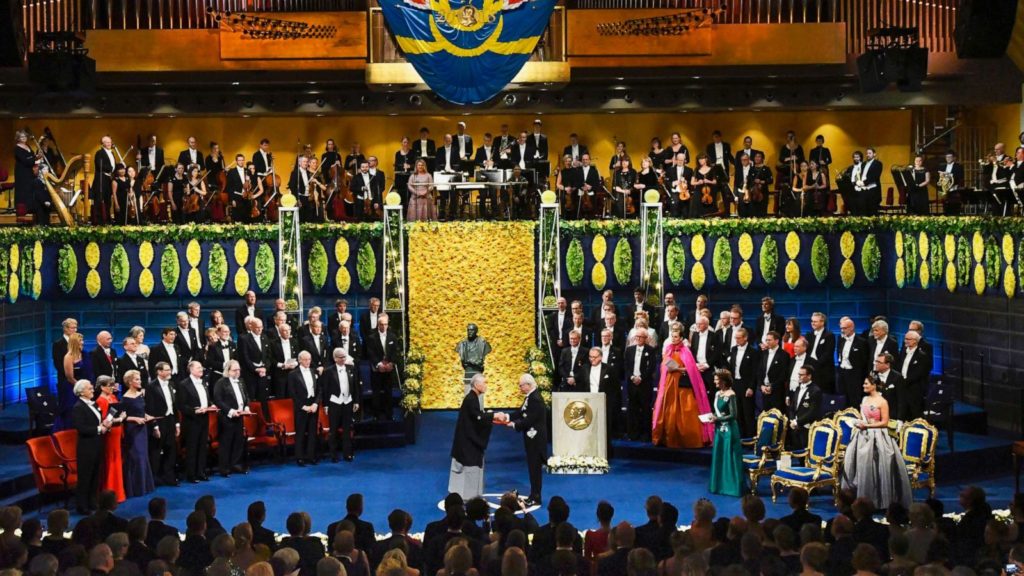The Nobel Prize in Physics was awarded to three astrophysicists Tuesday for work that was literally out of the world, and indeed the universe. They are Roger Penrose, an Englishman, Reinhard Genzel, a German, and Andrea Ghez, an American. They were recognized for their work on the gateways to eternity known as black holes, massive objects that swallow light and everything else forever that falls in their unsparing maws.
Written content from Dennis Overbye and Derrick Bryson Taylor | NYT
Dr. Penrose, a mathematician at Oxford University, was awarded half of the approximately $1.1 million prize for proving that black holes must exist if Albert Einstein’s theory of gravity, known as general relativity, is right.
The second half was split between Dr. Genzel and Dr. Ghez for their relentless and decades long investigation of the dark monster here in the center of our own galaxy, gathering evidence to convict it of being a supermassive black hole.

Dr. Ghez is only the fourth woman to win the Nobel Prize in Physics, following Marie Curie in 1903, Maria Goeppert Mayer in 1963 and Donna Strickland in 2018.
“I’m so thrilled” she said in an email.
The Nobel Assembly announced the prize at the Royal Swedish Academy of Sciences in Stockholm.
More Einstein, Less Math
Black holes were one of the first and most extreme predictions of Einstein’s General Theory of Relativity, first announced in November 1915. The theory explains the force we call gravity, as objects try to follow a straight line through a universe whose geometry is warped by matter and energy. As a result, planets as well as light beams follow curving paths, like balls going around a roulette wheel. Read more from NY Times
Read other science and related stories from News Without Politics
Stay informed at News Without Politics daily.





